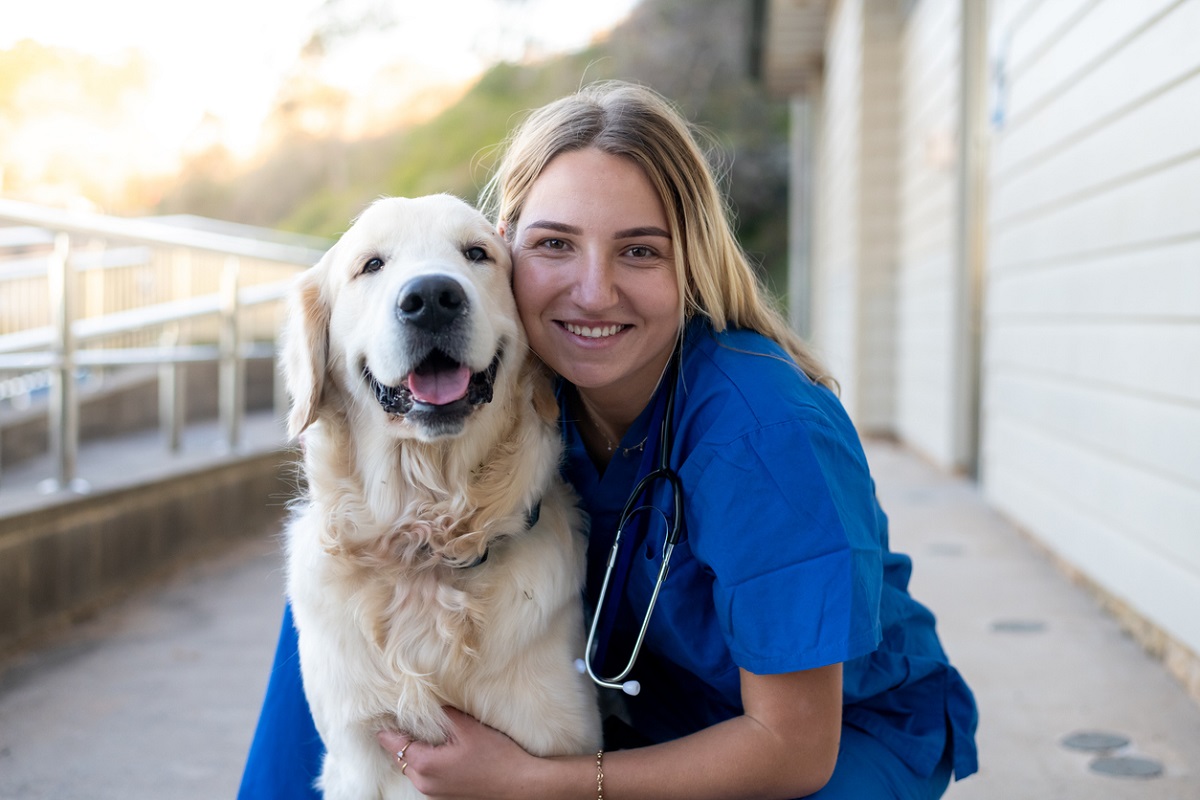The NSW Parliamentary Committee has released its report into the veterinary workforce shortage with 17 findings and 34 recommendations.
The findings and recommendations address critical workforce sustainability issues, including mental health programs, the provision of regional veterinary services, veterinary student support, legislative review, and compensation for the unpaid work veterinarians undertake for the community.
The Hon Mark Banasiak MLC, Committee Chair, said there are many factors that have contributed to the veterinary workforce shortage in New South Wales, including the regulatory framework, market forces, and community expectations.
“These issues have created a ‘perfect storm’ for the workforce, affecting recruitment, retention, salaries, working hours, and mental health and wellbeing.
“The committee found that veterinarians provide a public good by caring for and treating injured wildlife and stray, lost and homeless animals. These services often receive little or no recompense.
“To address this issue, the committee has recommended that the NSW Government provide dedicated ongoing funding for the provision of veterinary services to wildlife and to help ensure local government authorities collect stray animals from licensed veterinary clinics.”
Australia faces a significant shortage of veterinarians, particularly in rural and regional areas, posing risks to animal welfare and public health. According to the Australian Veterinary Association’s (AVA) 2023 Workforce Survey, filling veterinary job vacancies in NSW takes over 12 months in 50 per cent of cases. The figure rises to 55 per cent in regional NSW.
“Many of these issues are compounded for veterinarians outside the major cities, where finding childcare and housing is also difficult. These challenges, plus a dwindling supply of younger veterinarians wanting to work with large animals, make it extremely difficult to recruit veterinarians in rural and regional areas.
“Accordingly, the committee has recommended that the NSW Government provide financial incentives to encourage veterinarians to work in large animal practices in regional areas,” said Banasiak.
Dr. Sally Colgan, President of the AVA, said that every animal in Australia should have access to veterinary care, but currently, this isn’t fully realised, compromising animal health, undermining biosecurity, and risking human health.
“The veterinary profession’s challenges require strategic thinking and targeted interventions. With collective effort, we can create a future where both animals and the veterinary sector who care for them, thrive.”
The report includes four recommendations related to mental health support, which Dr. Colgan views as a significant recognition of the need for support for the profession.
“Industry led initiatives like AVA’s THRIVE, focused on veterinary wellness, are crucial for supporting veterinarians and veterinary staff in their careers.”
To stay up to date on the latest industry headlines, sign up to the Pet Industry News e-newsletter.

